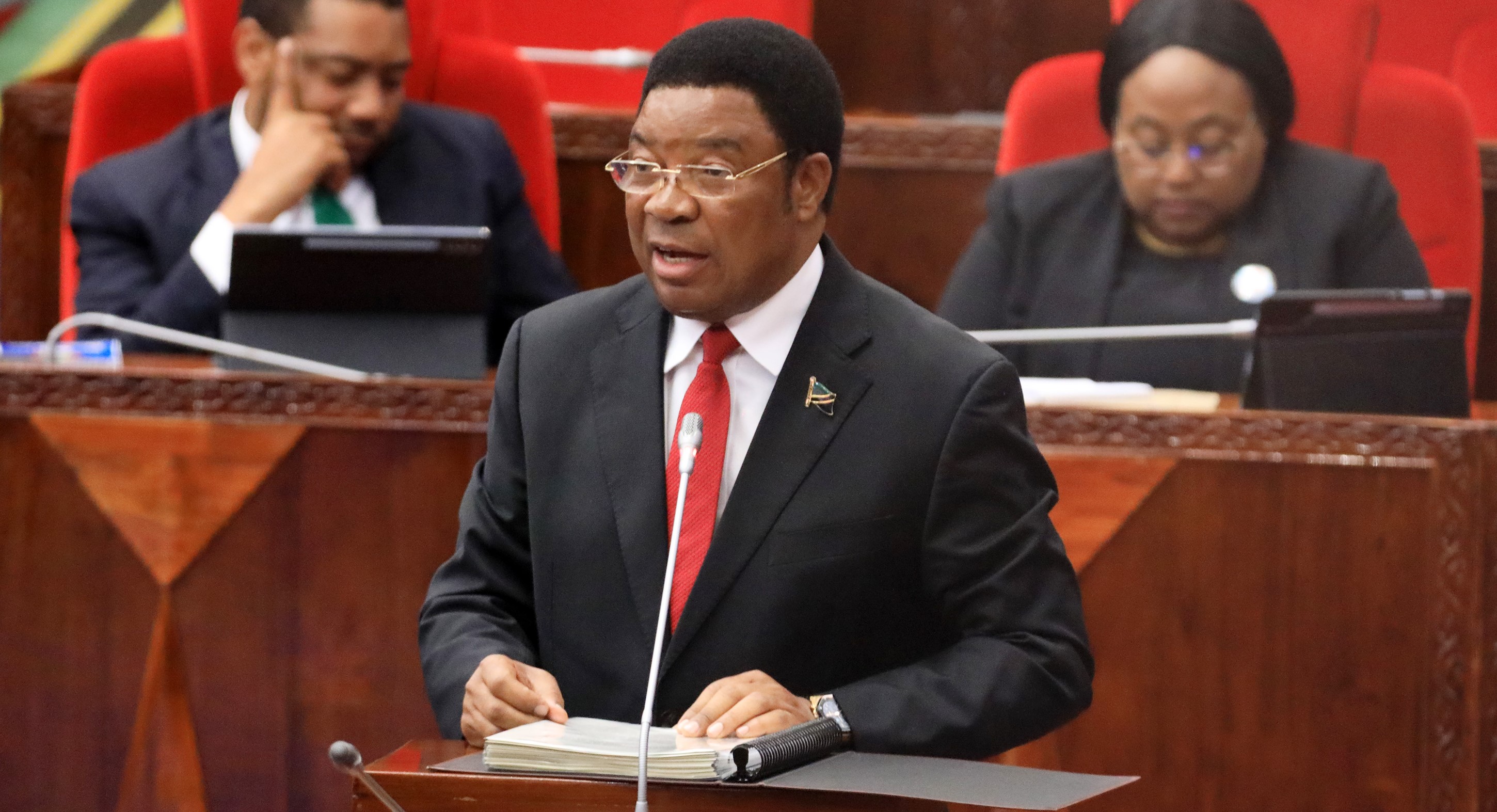Evarist Chahali walks us through pages of his book

What you need to know:
- These are the beliefs of Evarist Chahali, 47, a famous blogger, columnist, social media activist and author of the recently published book Shushushu, a book about intelligence analysis as a profession.
Did you know that if you can write an SMS, Tweet or Facebook post, then you can blog or write an article for a newspaper?
And if you can blog or write an article for a newspaper, then do you know that you can write a book?
These are the beliefs of Evarist Chahali, 47, a famous blogger, columnist, social media activist and author of the recently published book Shushushu, a book about intelligence analysis as a profession.
Evarist Chahali was born in mid-1970s at Ifakara township in Kilombero District, Morogoro Region. He obtained his Ordinary Level education at Kilombero Secondary School and his Advanced Level education at Tabora Boys High School.
He holds a BA in Sociology from the University of Dar es Salaam and a Master of Letters (MLitt.) in War Studies from the University of Aberdeen, Scotland.
He also holds a Master of Research (MRes) in Political Research with a view to undertake PhD in Political Studies from the same university.
Speaking about his book, Shushushu Chahali says that the book is about the intelligence analysis profession.
“It tells about the profession in a global context, not country-specific,” says Chahali who is also the founder and CEO of AdelPhil, a consulting firm on intelligence and security services.
The book was published in India and has got 136 pages with six chapters about the intelligence profession. It also gives more details about intelligence officers, how they get recruited, their training and how they operate.
It also talks about contemporary challenges intelligence organizations in Tanzania, Africa and the world face.
“I had previously run a 3-part series on my blog about the theme, and some people advised that I turn the series into a book,” Chahali says adding that such was the inspiration which led to the writing of the book besides to encourage the reading culture in Tanzania.
“There’s a popular saying that if you want to hide something from a Tanzanian, put it in a book,” he says. But perhaps the key factor which led to publishing of the book has been what Chahali has seen happening to ex- intelligence officers in Western countries.
“Regardless of how they left the profession, most of them write books on different topics about the intelligence profession.”
“I have taken the lead with my Shushushu book, hoping to see more ex-intelligence officers following the suit.”
Chahali says that there are too many things to learn from the book including debunking the negative myths about the intelligence profession, building an understanding about the importance of intelligence organisations, and perhaps create a friendly civilian-intelligence officer environment.
For Chahali, writing the Shushushu wasn’t just about educating the public about the very important role played by intelligence organisations.
“But it was also a rare opportunity for a former intelligence officer to talk about the profession from an “outsider” point of view,” he says.
Chahali gets his ideas about writing from the society.
“Intelligence professionals can talk to anyone,” he says.
He says old habits die hard and thus even though he is no longer working in that profession, he still can’t resist the urge to get information from people.
“And that offers me immense knowledge and information, which in turn help to shape ideas on what I write about,” he says.
One of the toughest challenges that Chahali has been having in promoting his book is convincing potential readers and buyers that the book was not about the ‘secret working’ of the Tanzania Intelligence and Security Service (TISS).
“Well, of course, one of the aims of writing the books was actually to do away with popular, mostly negative myths about intelligence organisations, including TISS that they are essentially a menace to the society. One of the central messages in the book is how vital is intelligence organisation to any nation in the world, contrary to widespread negative perceptions.”
He says that he still gets some questions from potential readers asking if buying the book wouldn’t put them in trouble.
“But generally, the response have been excellent. The most encouraging feedback came from the people involved in the intelligence work,”he says.
Speaking on publishing journey, Chahali says it has never been easy.
Chahali published his book in India to avoid the hefty costs in the UK and Tanzania.
“The cost of publishing one book in the UK is equivalent to about five in India and probably three in Tanzania,” he concludes.
He advices people who think of investing in book writing to be patient saying that the returns do not come overnight.
“It takes like an eternity to start seeing the money flowing in from sales of a book, and that is if it actually sells.”
Another challenging thing in the book writing according to Chahali is that it takes a lot of energy and effort to invest in promoting a particular book, particularly on social media.
He says a publisher would have to ask some famous people on social media to help in promoting the book, and that in itself is a huge headache.
“It’s never been easy dealing with famous people.”
Major criticism of the book according to Chahali has been that he could have done better with proofreading, “which I took as constructive one and will work on it.”
Chahali is looking forward publishing the second edition of SHUSHUSHU. He says,
“The book would expand the topic about the intelligence profession to include “enemy action” such as espionage, terrorism, sabotage and subversion.”




